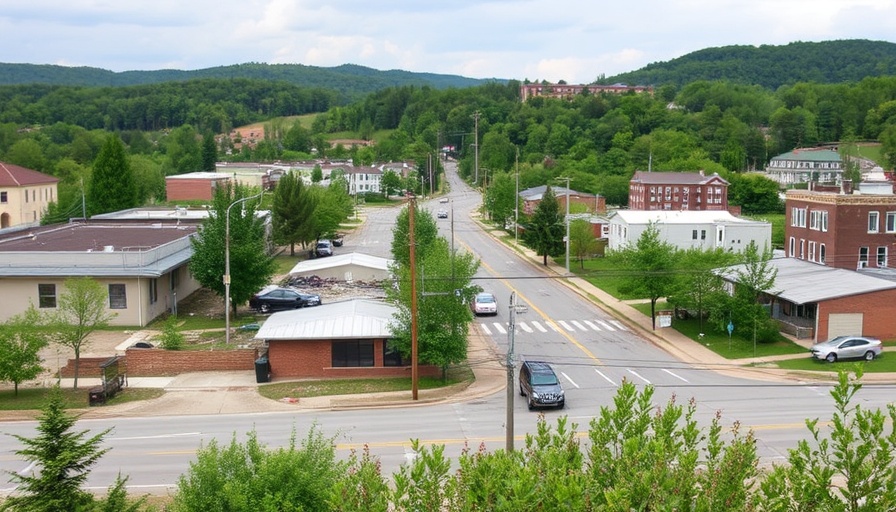
Asheville's Hurricane Recovery: A New Dawn
In a significant victory for Asheville, North Carolina, the U.S. Department of Housing and Urban Development (HUD) has approved the city’s updated action plan for recovery after the devastating effects of Hurricane Helene. This approval comes after an initial rejection, underscoring the complexities often found in navigating federal funding and local recovery efforts.
Understanding the Funding Process
Asheville's revised proposal is a critical step toward accessing more than $200 million in Community Development Block Grant-Disaster Recovery (CDBG-DR) funds, initially allocated at the end of the Biden administration. The funding aims to help the city revitalize its infrastructure and economic landscape, key components that were severely impacted by the hurricane.
The Role of Diversity, Equity, and Inclusion
The initial rejection stemmed from conflicts with the Trump administration’s policies, specifically in relation to diversity, equity, and inclusion (DEI) initiatives. The Trump administration had taken steps to limit federal grants to programs that incorporated DEI. In response, Asheville's officials worked quickly to adjust the plan to align with current federal expectations, demonstrating the dynamic interplay between local governance and federal priorities.
Community Involvement: A Key Component
Mayor Esther Manheimer emphasized the city's commitment to incorporating community feedback into the final proposal. This public engagement reflects a growing recognition that recovery efforts are most effective when they resonate with the experiences and needs of residents. The revised plan allocates resources across several critical areas: $125 million for infrastructure improvements, $52 million for stimulating economic growth, and $31 million earmarked for housing initiatives.
What's Next for Asheville?
While the approval marks a significant milestone, the funds are not yet in hand. HUD must still certify Asheville's financial, procurement, and grant management practices before disbursing the funds. As city leaders await this certification, they remain actively engaged in ongoing discussions with HUD to ensure a seamless flow of resources into the community.
The Broader Picture: State Funding and Support
The recent approval from HUD not only benefits Asheville but fits into a broader narrative of recovery for North Carolina. The state has been proactive in seeking significant recovery funding—$1.4 billion was highlighted in the state’s action plan for disaster recovery. This coordinated effort reinforces the principle that effective recovery strategies require collaboration between localities and state agencies.
A Hopeful Future
As Asheville moves forward, it stands at the forefront of a broader national conversation on disaster recovery, equity, and modernization of infrastructure. This approval and the related funding may serve as a vital model for other cities grappling with similar challenges. The overarching goal remains clear: to not just rebuild, but to do so in a manner that promotes inclusivity, resilience, and economic vitality.
 Add Row
Add Row  Add
Add 




 Add Row
Add Row  Add
Add 

Write A Comment